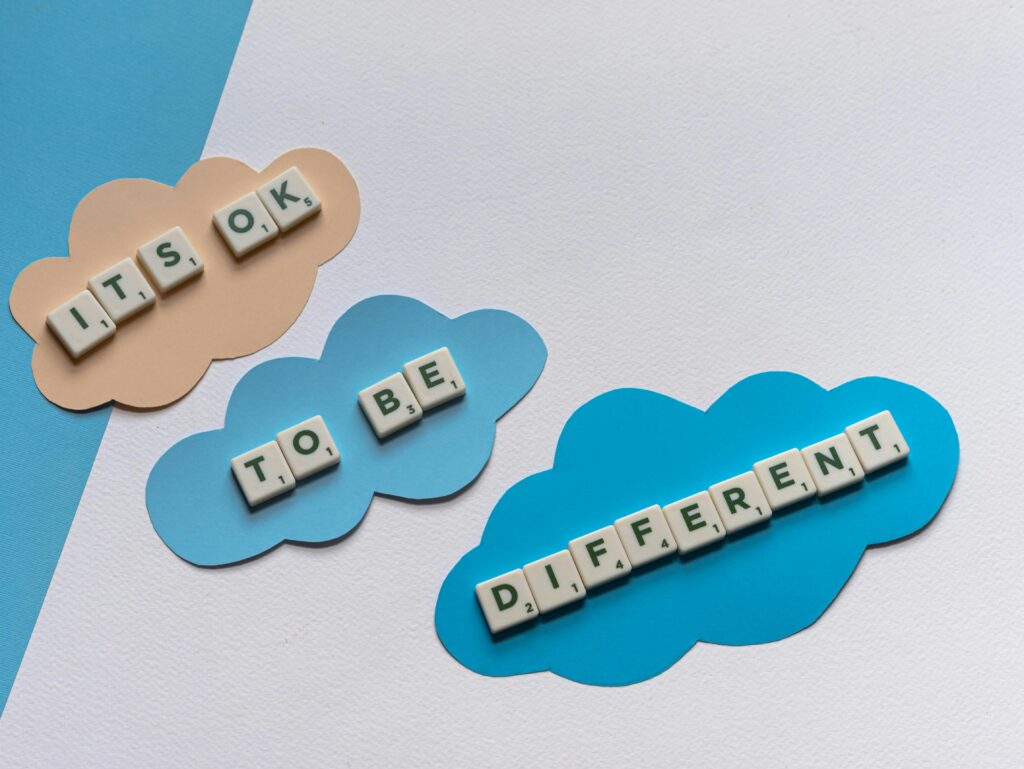Table of Contents
ToggleIntroduction
In our journey toward achieving a balanced life, acceptance for personal growth is a fundamental tool. Acceptance is simply acknowledging situations or people; it’s about embracing ourselves fully—our strengths, weaknesses, and the things we cannot control. By practicing acceptance, we create an environment for personal development and emotional resilience, helping us to overcome challenges and foster healthier relationships. In this article, I will discuss how adopting an attitude of acceptance for personal growth can positively impact your well-being, boost your self-confidence, and guide you toward a more purposeful life.
The Foundations of Acceptance
What is acceptance, and why is it crucial for growth?
Acceptance is a conscious decision to acknowledge reality as it is—whether it’s about our personality, circumstances, or the people around us. It doesn’t mean we resign to fate or become complacent; rather, acceptance allows us to focus our energy on constructive actions within our control. Acceptance creates fertile ground for growth, fostering resilience, understanding, and a balanced perspective on life’s challenges.
For instance, imagine someone who consistently feels frustrated at work due to the actions of colleagues. Without acceptance, this individual might spend excessive energy on complaints and negativity. With acceptance, however, they can learn to navigate these situations with patience, channeling their energy toward improving their performance and job satisfaction.
The Connection Between Acceptance and Happiness
Acceptance significantly impacts our happiness by reducing stress and emotional turbulence. When we accept the world and the people around us, we stop resisting reality and begin to cultivate inner peace. Emotional stability grows, and we become less affected by external factors beyond our control.
Let’s consider an example: Someone who is struggling to accept a setback, such as a failed project, might experience ongoing frustration and self-criticism. By accepting the setback as a learning experience rather than a personal failure, they open themselves up to personal growth, focusing on ways to improve rather than dwelling on mistakes. This acceptance cultivates a happier, more resilient mindset.

The Benefits of Acceptance in Personal Growth
Self-Acceptance: Embracing Who You Are
Self-acceptance is the first and perhaps the most vital step in personal growth. Embracing both our strengths and weaknesses helps us to build confidence, develop resilience, and approach challenges constructively. Self-acceptance doesn’t mean we ignore areas for improvement; instead, it allows us to approach growth without the harshness of self-criticism.
Practical Tips for Fostering Self-Acceptance:
- Challenge Negative Self-Talk: Replace self-criticism with affirmations that recognize your strengths and efforts.
- Focus on Progress, Not Perfection: Embrace imperfections, seeing them as opportunities for growth.
- Practice self-compassion: Treat yourself with kindness, especially during times of failure or disappointment.
Acceptance of Others and Building Stronger Relationships
Accepting others as they are is key to developing healthy, meaningful relationships. This involves letting go of the urge to change others or impose personal expectations. Instead, by acknowledging their unique perspectives and personalities, we foster empathy and reduce conflicts.
Steps to Accepting Others:
- Release Expectations: Avoid expecting others to meet personal standards, as this can lead to disappointment.
- Practice Active Listening: Genuinely listen to understand their viewpoint, even if it differs from yours.
- Celebrate differences: Embrace diversity, recognizing that our differences enrich our interactions.
Acceptance of Situations and Adapting to Change
Acceptance of life’s circumstances, especially those beyond our control, is crucial for emotional resilience. Life presents us with a mix of joyful and challenging experiences, and by accepting these moments, we learn to cope and adapt.
Example: If a job loss occurs unexpectedly, resisting reality by focusing on “what could have been” only prolongs stress. By accepting the situation, you can shift your energy toward seeking new opportunities, updating skills, and exploring alternate paths, turning a challenging experience into an opportunity for growth.
Key Steps to Cultivate Acceptance
Practice Mindfulness and Self-Reflection
Mindfulness, or living in the present moment, is one of the most effective ways to practice acceptance. It involves observing thoughts, feelings, and surroundings without judgment, allowing us to accept reality as it is rather than wishing for things to be different.
Tips for Practicing Mindfulness:
- Set Daily Mindfulness Moments: Take a few minutes each day to observe your thoughts and feelings without reacting.
- Practice Deep Breathing Exercises: Breathing exercises calm the mind, making it easier to accept emotions and situations.
Shift Your Perspective on Control
Focusing only on things within our control and letting go of what we cannot change reduces unnecessary stress and anxiety. Acknowledging the limits of our control frees up mental energy to direct toward positive actions.
Ways to Shift Perspective:
- Make a List of Concerns and Divide Them: Identify what you can control and what you cannot. Focus on what you can influence.
- Practice Letting Go: Consciously decide to let go of small things, gradually building resilience for bigger issues.
Challenge and Reframe Negative Thoughts
Our thoughts shape our reality. By challenging negative thoughts and reframing them, we create a mindset that supports acceptance and growth.
Example: If you’re struggling with a personal flaw, instead of thinking, “I’m not good enough,” reframe it as, “I’m constantly growing and improving.” This approach reinforces self-acceptance and positivity.
Cultivate Compassion and Empathy
Acceptance is closely tied to compassion and empathy, both toward oneself and others. Compassionate acceptance helps us navigate mistakes and negative situations with understanding.
Ways to Cultivate Compassion:
- Practice Self-Compassionate Dialogue: Treat yourself with the same kindness you would a friend.
- Show Empathy Toward Others: Understand and respect others’ journeys, even when they differ from your own.
Set Realistic Expectations and Let Go of Perfectionism
Perfectionism often hinders acceptance by setting unrealistic standards. By setting realistic expectations, we allow ourselves to accept imperfections and focus on progress.
Practical Tips:
- Aim for Progress, Not Perfection: Set achievable goals and celebrate small wins.
- Avoid Comparison: Recognize that everyone’s journey is unique, and focus on your personal growth.
Building Resilience and Lasting Happiness through Acceptance
Developing Emotional Resilience
Acceptance builds emotional resilience, helping us handle challenges with strength and clarity. By accepting ourselves and life’s ups and downs, we reduce emotional reactivity and navigate setbacks with ease
How Acceptance Builds Resilience:
- Stabilizes Emotions: Acceptance reduces emotional swings, making it easier to stay calm during stressful times.
- Encourages Positive Action: By accepting challenges, we’re more inclined to take constructive actions rather than dwelling on setbacks.
Creating a Life of Purpose and Inner Peace
Acceptance guides us to live purposefully, focusing on values and goals that align with our true selves. This leads to inner peace and fulfillment, reducing the need for external validation.
Steps to Build Purposeful Living:
- Identify Core Values: Understand what truly matters to you, and let these values guide your actions.
- Engage in Meaningful Activities: Spend time on pursuits that bring you joy and align with your goals, fostering long-term satisfaction.
Conclusion
Acceptance for personal growth is a journey that brings inner peace, emotional stability, and resilience. It empowers us to live with authenticity, embrace our imperfections, and focus on our unique journey rather than external expectations. By cultivating acceptance, we set ourselves on a path toward lasting happiness, making each day a little brighter and every challenge an opportunity to learn and grow. Take the first steps today—practice mindfulness, show compassion, and embrace yourself and others wholeheartedly. Through acceptance, a happier, more fulfilled life awaits.

